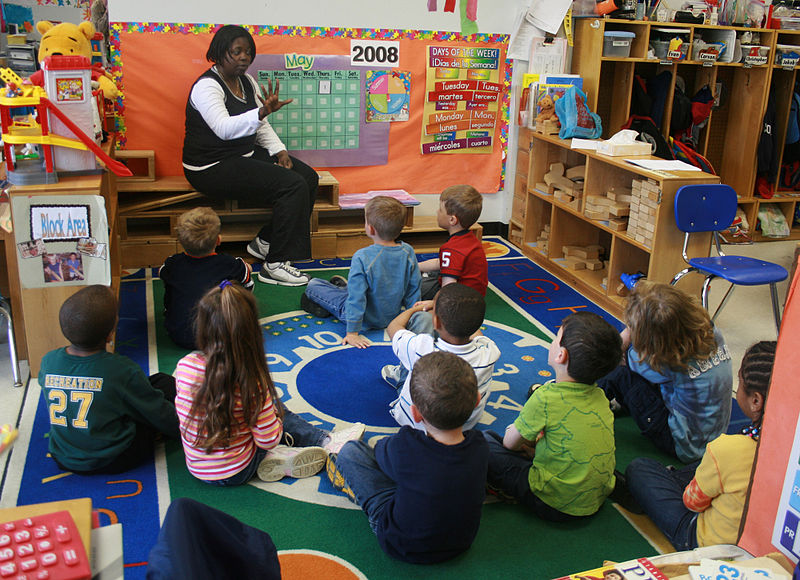Although education and training may seem like interchangeable terms to most people, there is a clear distinction between the two words. This confusion stems from many institutes substituting training for education. However, the vast difference between education and training will become apparent after understanding the key differences between the two concepts.
What is Education?
Education aims to create a lasting behavioral change in an individual by imparting knowledge. Formal education is provided in schools from elementary to 10+2 stage, after which a student pursues undergraduate and graduate-level courses. The fundamental purpose of this type of education is to impart knowledge about facts, concepts, events, and principles. These form the foundation upon which skills learned later work smoothly. It is through concepts learned in earlier classes that students gain the ability to solve problems in higher classes.
It is evident, then, that education pertains to remembering facts and understanding concepts. On the other hand, training relates to the practical aspects of a task or job and is provided in training institutes and special training sessions. A clearer understanding of training is discussed in the next section.
What is Training?
Training, unlike education, is focused on gaining a particular skill. Training is undertaken to master a specific task or job and is mostly imparted to adults to enable them to become proficient in a particular skill. You can receive training yourself with the help of a how-to book to complete a particular job at home. The best example of training is learning to drive a car. Here, you learn about the practical aspects of driving and using different car parts such as the accelerator, clutch, and brakes. On the other hand, if you are learning about driving laws and theoretical aspects of driving, you are receiving an education and not training.
There is no denying the importance of training, and without training, education would be incomplete – as is easily demonstrated with the practicals that we carry out in chemistry labs after learning the concepts in the classes. Both are integral to any education system, though there are some courses that require more practical training than formal education.
Another difference is that training must come after education. If you do not know about the basic nature of chemicals through education, you can never conduct practicals in the chemistry lab. Can you?
There are some professions where training is more important than education, such as plumbing, carpentry, weaving, accounting, marketing, and even computer programming, where skills can be easily learned through practical training rather than through formal education.
Key Takeaways
- Education aims to create a lasting behavioral change in an individual by imparting knowledge, while training focuses on gaining a particular skill.
- Education is a formal system of learning that is long, whereas training is a method that makes a person skilled in a particular job or task only.
- In some professions, education alone is insufficient, while some professions are highly training-dependent, where education alone cannot make a difference.
